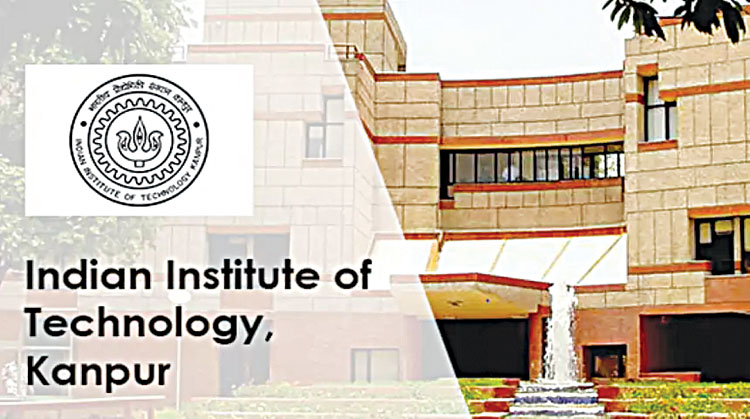Modern digital communication systems have created a dire need for a highly skilled workforce. With many countries successfully using 5G and preparing for 6G – the next big telecom wave – India still needs to catch up with better-equipped industry talent, and advancement roadmaps. India’s requirement for skilled professionals well-versed in communication and allied technologies, is set to grow manifold as India expands 5G and prepares for the 6G revolution. To address the talent crunch the industry is facing, IIT Kanpur offers a one-of-a-kind eMasters degree in Communication Systems. The comprehensive program will train professionals in technologies to deliver voice, data, and multimedia information expertise. Professionals will also be trained in designing, and practicing on communication systems to meet various industry needs. An in-depth program with necessary components are in store for professionals with this eMasters degree.
Designed by the Department of Electrical Engineering, IIT Kanpur, this executive-friendly program does not require a GATE score to apply for the program. Besides that, it offers a flexible completion timeline between 1-3 years. The program is taught by world-class faculty and researchers from IIT Kanpur through weekend-only live interactive classes and self-paced learning. The program has a 60-credit, 12-module industry-focused curriculum. It offers access to IIT Kanpur placement cell, incubation cell, and alumni network, leading to successful career advancement and networking experience. The immersive learning format also allows professionals to visit the IIT Kanpur campus to meet the eminent faculty and network with experienced professionals. Professionals signing up for the eMasters degree are set to gain multidimensional expertise to shape and make the country future-ready in communication systems. Following the completion of three successful enrolment cycles, applications for Batch 4 are open till May 12, 2023.
About IIT Kanpur:
Indian Institute of Technology (IIT) Kanpur was established on 2nd November 1959 by an Act of Parliament. The institute has a sprawling campus spread over 1055 acres with large pool of academic and research resources spanning across 19 departments, 22 centres, and 3 Interdisciplinary programs in engineering, science, design, humanities, and management disciplines with 540 full-time faculty members and approximately 9000 students. In addition to formal undergraduate and postgraduate courses, the institute has been active in research and development in areas of value to both industry and government.

